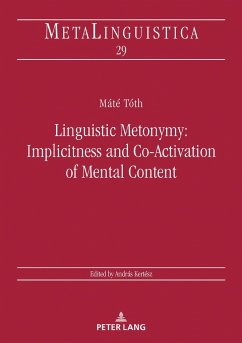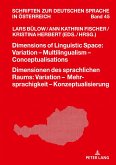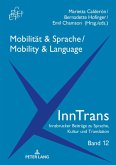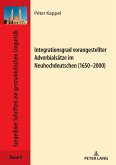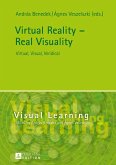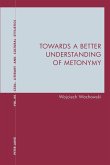Over the past few decades, cognitive linguistic research has turned metonymy from the "poor sister" of metaphor into a ubiquitous conceptual phenomenon. However, this broad notion of metonymy might run the risk of becoming too unrestricted and vacuous. In order to come to grips with the problem, the author proposes a narrower definition of metonymy, according to which linguistic metonymies co-activate the source, the target, and the relation between them so that only the target is expressed linguistically. Furthermore, he argues for a typology of metonymies based on the mental contents they involve. These results may not only prevent that the category of metonymy will become unlimited but may also take us a step closer to enhancing the empirical study of metonymic phenomena.
Bitte wählen Sie Ihr Anliegen aus.
Rechnungen
Retourenschein anfordern
Bestellstatus
Storno

